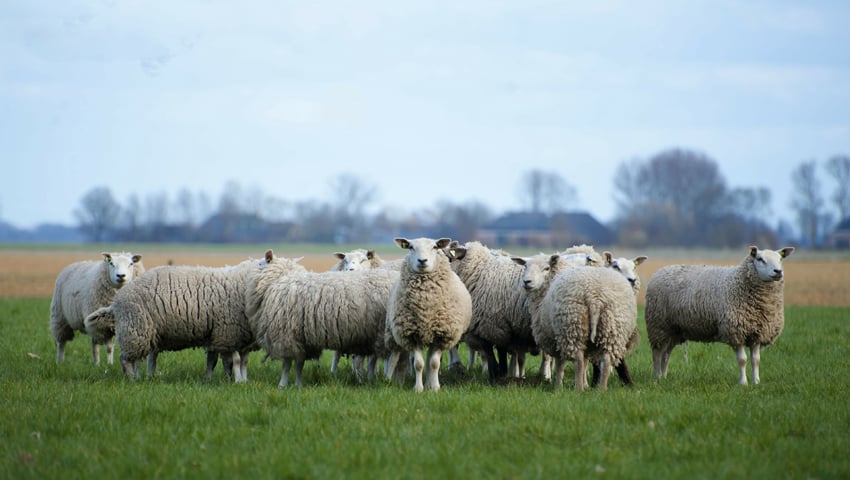UK farms and institutions have launched a new research network to understand how antimicrobial resistance impacts to UK food production from farm to fork.
AMAST – the AMR in Agrifood Systems Transdisciplinary Network will, for the first time, bring together various agrifood communities with academic researchers from different disciplines, to identify from the bottom up the challenges AMR poses within agrifood, and then collaborate to develop solutions.
The Leadership Team is made up of the Quadram Institute, Newcastle University, Royal Veterinary College, University of Stirling, Royal Holloway University of London, Cranfield University, James Hutton Institute, Royal Agricultural University, Scotland’s Rural College, University of Bristol, University of Leicester and University of Southampton.
Partners on Network board include ADAS, the Agriculture and Horticulture Development Board, the Animal and Plant Health Agency, CAB International (CABI), The Environmental Research Institute (University of Highlands and Islands), FAI Farms, Fera Science, the Food Industry Initiative on Antimicrobials (FIIA), Menter a Busnes, NHS Highlands, Ricardo, UK Agri-Tech Centre and Vet Sustain.
The James Hutton Institute says that it brings its strengths in AMR in the environment and transmission to the food chain, as well as understanding attitudes and behaviours towards antimicrobial use in the agrifood sector.
Hutton will also take the lead on policy engagement within Scotland and ensure ethics and responsible research and innovation.
The four-year project, which is being coordinated by Dr Matthew Gilmour, based the Quadram Institute, with an international expert advisory panel providing oversight, has £650,000 funding from UK Research and Innovation.
Dr Eulyn Pagaling, senior environmental microbiologist at the Hutton, says, “AMR presents a major threat to society as more and more microbes become resistant to the drugs we use to control them, threatening our ability to prevent or cure disease in the future. So we’re really excited to be part of this new community.
“It aligns well with Scottish Government-funded work we’re undertaking, where we have been working towards understanding how environmental and behavioural aspects affect AMR prevalence in agrifood systems using a variety of approaches.”
National and international governments and health agencies are taking action to combat this. AMAST is one of eight UKRI supported transdisciplinary networks set up to tackle AMR.
Dr Matthew Gilmour, said, “We’re really excited to be part of this new community. The agrifood system is incredibly complex with a diverse community of key players that are involved in the production of safe and nutritious foods. So understanding the challenges of AMR requires a non-traditional approach.”
The AMAST Network will involve members from different agrifood production systems, such as crop, livestock and aquaculture, from primary production through to the consumer. It will also bring in transdisciplinary academics, including bioscientists and social scientists as well as other areas that may not have previously engaged with AMR as a challenge.
Through interviews, workshops and themed community meetings, all members of the network will be able to bring their perspectives on the key threats of AMR in agrifood. The network will collectively identify and prioritise areas of opportunity, as well as understanding where more research is needed to plug gaps in our understanding.
